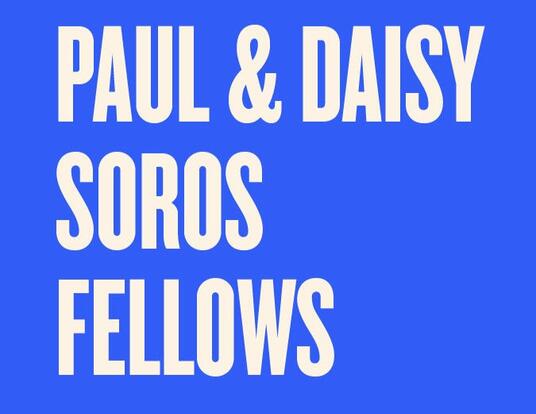Notes From a Writer's Desk: Finishing Projects & Beginning Again

In the ebb and flow of work in graduate school, there are crescendo moments that focus all of our attention and effort—preparation for a conference, submitting an article, sending a dissertation chapter to an advisor. Weeks, sometimes months, of sustained effort and intense emotions culminate in a final burst of productivity or performance. And then, suddenly, it’s done. You might experience a rush of relief at being past a trying moment. You might also feel a sense of accomplishment as you triumphantly cross an item off your to-do list. This sense of satisfaction can prove all-too-fleeting, especially once you return to your desk and find a mess of other neglected tasks awaiting your attention.
It is easy to feel depleted and disoriented in the wake of a big push, but these interstitial moments between tasks or project stages offer opportunities for reflection and planning. Thoughtful use of this time can set the tone for your days and weeks ahead. Here are a few suggestions for making the most of transition moments.
Be gentle with yourself. After expending energy on one of these sprints to the finish line, you are probably physically worn down. Carve out some time for rest and recovery, whatever form that takes for you. Go for a walk. Hit a yoga class. Put on a movie. Take a nap. Eat nourishing food. Take another nap. (See my colleague Sam’s helpful thoughts on the importance of rest for writers here.)
Finish processing the experience. If, on the other hand, you are enjoying a post-milestone energetic high and are eager to tackle a new chunk of work, don’t forget to first tie up loose ends for the experience you just had. Send those follow-up emails to contacts you made at the conference. Catalogue feedback in a useful format and location. If you scribbled audience questions during a conference Q&A or did not make notes at all, take a moment now to sift through your mental and physical notes and capture the most important points digitally. I like to keep a single feedback document per project. This way, questions and comments accumulate in one place over time, which means I always know where to find them, and I can see patterns that emerge.
There is also a mindfulness component to post-milestone processing. Make time to be still and reflect on your journey to that point. What went well? What do you wish you had done differently from the outset of that project? Are there ways you can build new supports or structures for future work based on this experience?
Revisit the big picture. Transition moments are a great time to step back and check in with the broadest objectives of your work. For example, if you have just wrapped up a chapter draft, take a moment to revisit the big ideas and arguments of the dissertation as a whole. Did the process of working out the ideas in the last chapter shift your understanding of your main arguments? Are there overarching claims that need to be recalibrated in light of your findings? Has your writing to this point altered your thinking about other chapters? Adjust your plans and outlines accordingly.
Brain dump, prioritize, and set new goals. After focusing your energies in one direction, you may feel you have lost track of where you were with other projects. Once you are rested and ready to reengage with your task list, I find it helpful to list all the things that I need to get done—upcoming deadlines, emails I owe people, meetings I need to schedule, etc. Put it all in one place, like a word document or Post-It note. Now that you can stare down your to-dos, you can evaluate them based on importance and urgency and make some decisions about your next steps.
Again, and perhaps most importantly, be gentle with yourself. Linger on your sense of achievement and celebrate passing a checkpoint. The majority of your time in graduate school will be spent not in those intense final moments before a deadline, but in the long stretches of days in between; learning how to thoughtfully reenter those moments in the middle and embrace the process over end results will help you maintain your productivity… and your sanity.
Ready to book an appointment with FWC staff? Access the FWC intake form.
Banner courtesy of Shutterstock
Get the Latest Updates
Join Our Newsletter
Subscribe to Colloquy Podcast
Simplecast Stitcher





